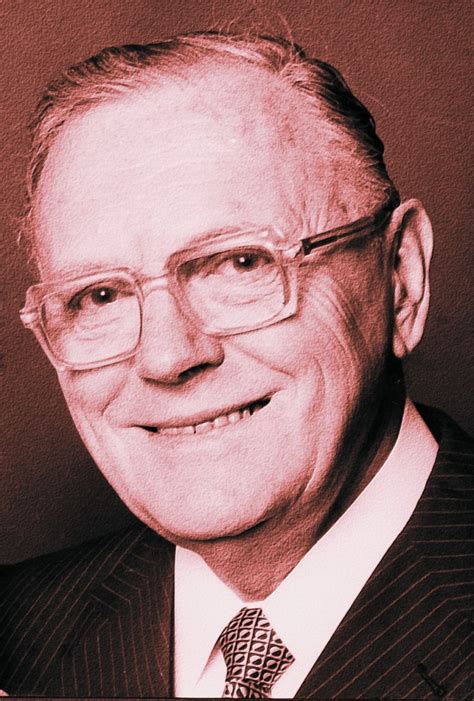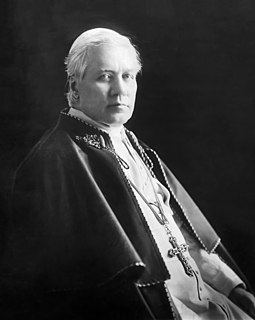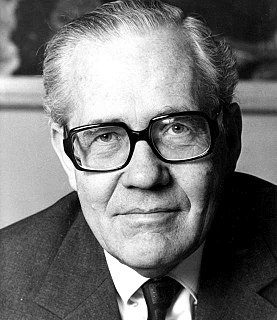A Quote by Elaine Pagels
Throughout the ages, Christians have adapted John of Patmos's visions to changing times, reading their own social, political and religious conflicts into the cosmic war he so powerfully evokes. Yet his Book of Revelation appeals not only to fear and desires for vengeance but also to hope.
Related Quotes
In the opening chapters of the Book of Revelation the Apostle John tells us how on the Isle of Patmos he was given an awesome vision of the Lord Jesus, risen from the dead. Then John says, 'When I saw Him, I fell at His feet as dead.' He tells us not only the vision itself, but the profound effect it had on him. It utterly prostrated him before the Lord until He came and laid His right hand on him and said 'Fear not.'
The religious conflicts of the Reformation era were never simply and only about religion, because religion during this era as in the Middle Ages that preceded it, informed and was meant to inform every domain of life. Violence involving religion and touching other areas of life took many forms: from the Protestant destruction of Catholic religious art and objects in iconoclasm, to Catholic executions of Protestants who refused to renounce their views, to major destructive conflicts such as the French Wars of Religion and the Thirty Years' War.
Private property is a natural fruit of labor, a product of intense activity of man, acquired through his energetic determination to ensure and develop with his own strength his own existence and that of his family, and to create for himself and his own an existence of just freedom, not only economic, but also political, cultural and religious.
The plague of mankind is the fear and rejection of diversity: monotheism, monarchy, monogamy and, in our age, monomedicine. The belief that there is only one right way to live, only one right way to regulate religious, political, sexual, medical affairs is the root cause of the greatest threat to man: members of his own species, bent on ensuring his salvation, security, and sanity.
We talk of regional conflicts, of economic and social crises, of political instability, of abuses of human rights, of racism, religious intolerance, inequalities between rich and poor, hunger, over-population, under-development and. I could go on and on. Each and every one of these impediments to humanity's pursuit of well-being are also among the root causes of refugee problems.
That, in part, is why the Constitution's framers gave justices life tenure ? to enable them to rule wherever the law and the Constitution led them, without obligation or fear of political reprisal. Former Republican president Gerald Ford recently paid tribute to John Paul Stevens, his only appointee to the Supreme Court, who is also far more liberal than Republicans expected. He has served his nation well, ... with dignity, intellect and without partisan political concerns.
This war is not as in the past; whoever occupies a territory also imposes on it his own social system. Everyone imposes his own system as far as his army can reach. It cannot be otherwise. If now there is not a communist government in Paris, this is only because Russia has no an army which can reach Paris in 1945.




































